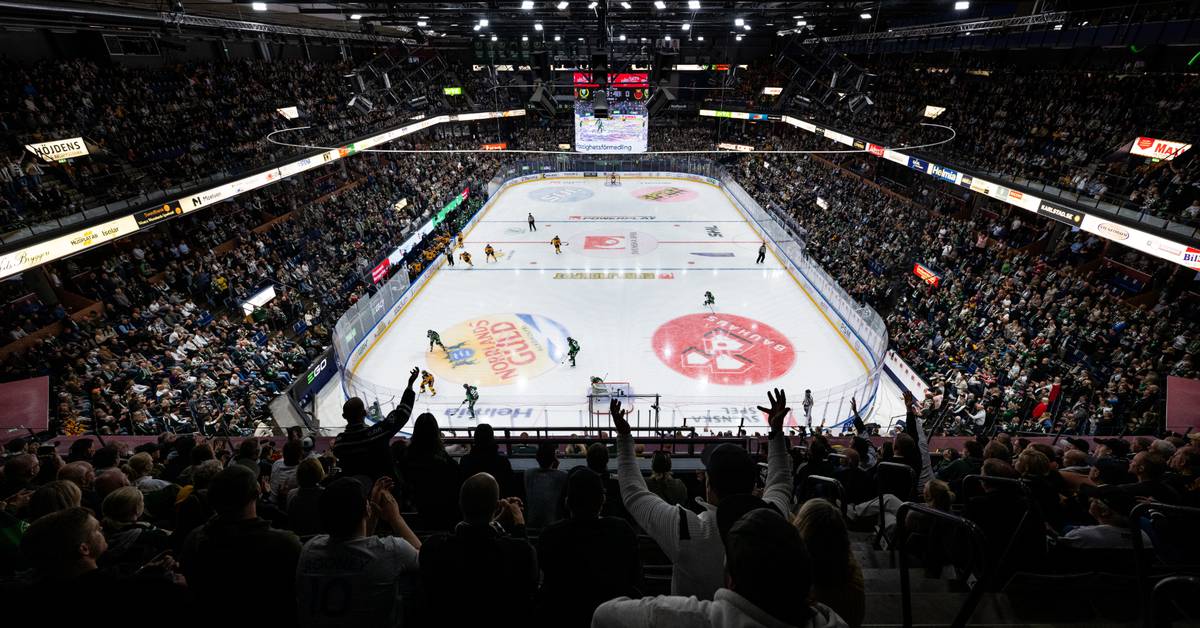In a press release, the company writes that increasing electricity prices can hit the clubs hard, regardless of whether they themselves own their arena or not.
A 400 percent increase could, for example, mean that the clubs' electricity costs go from SEK three million to SEK 15 million, something that EY says can affect the clubs' liquidity and results.
- The rising electricity costs can therefore affect the clubs' ability to fulfill the license requirement in the future, says Carlos Esterling from EY in a press release.
Corona support saved clubs
In its analysis, EY has gone through the annual reports of all 14 SHL clubs and notes, among other things, that many were saved by government corona subsidies.
Without financial support, 12 clubs would have reported a negative operating result.
- Our analysis of the last SHL season shows that the financial situation of the SHL clubs would have been significantly more strained without support measures, especially in clubs with little equity.
Our calculation shows that without support, two clubs would have shown a negative equity, says Carlos Esterling.
In order to get an elite license, it has been required that the clubs show positive equity, but during the pandemic years, the licensing board has scrapped that requirement.
But from the coming season, a new model will be introduced which has a percentage requirement based on the total turnover in each club.
- We believe that this model is fairer and better adapted to the large differences between the clubs.
At the same time, the model ensures financial stability, says Esterling.

